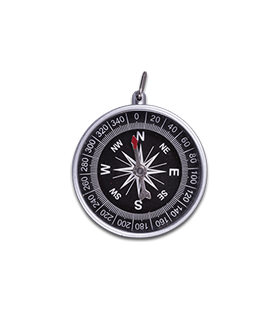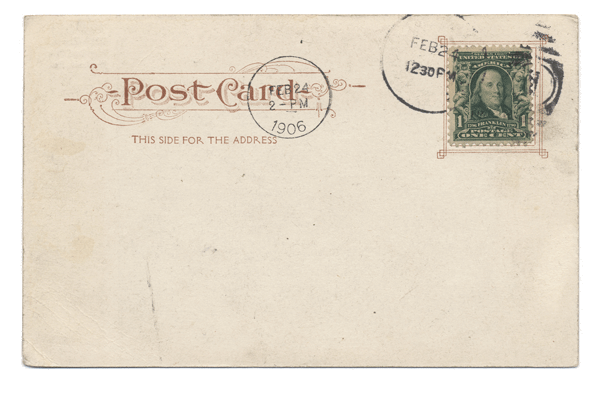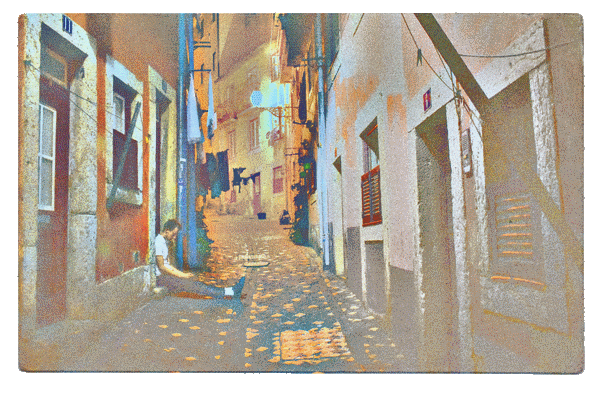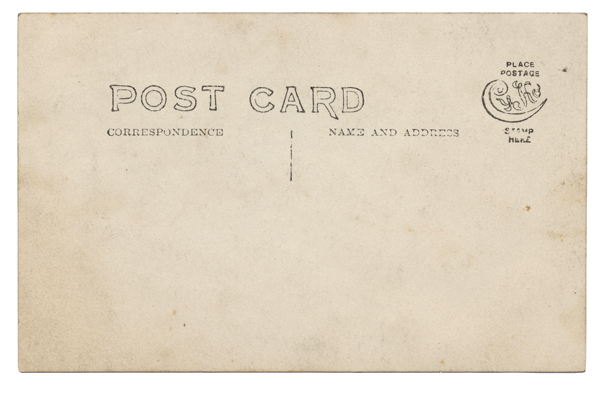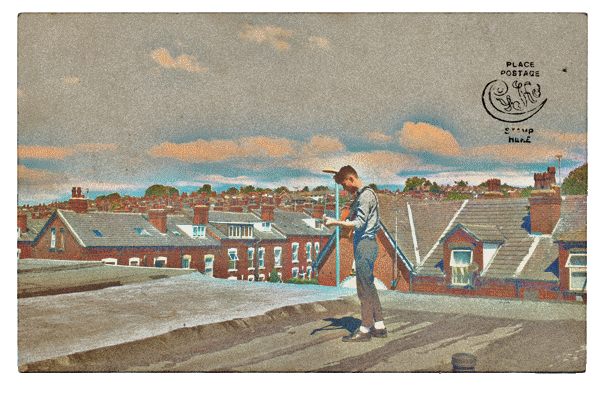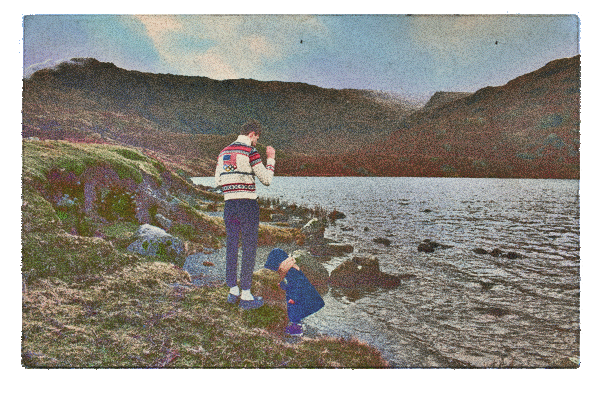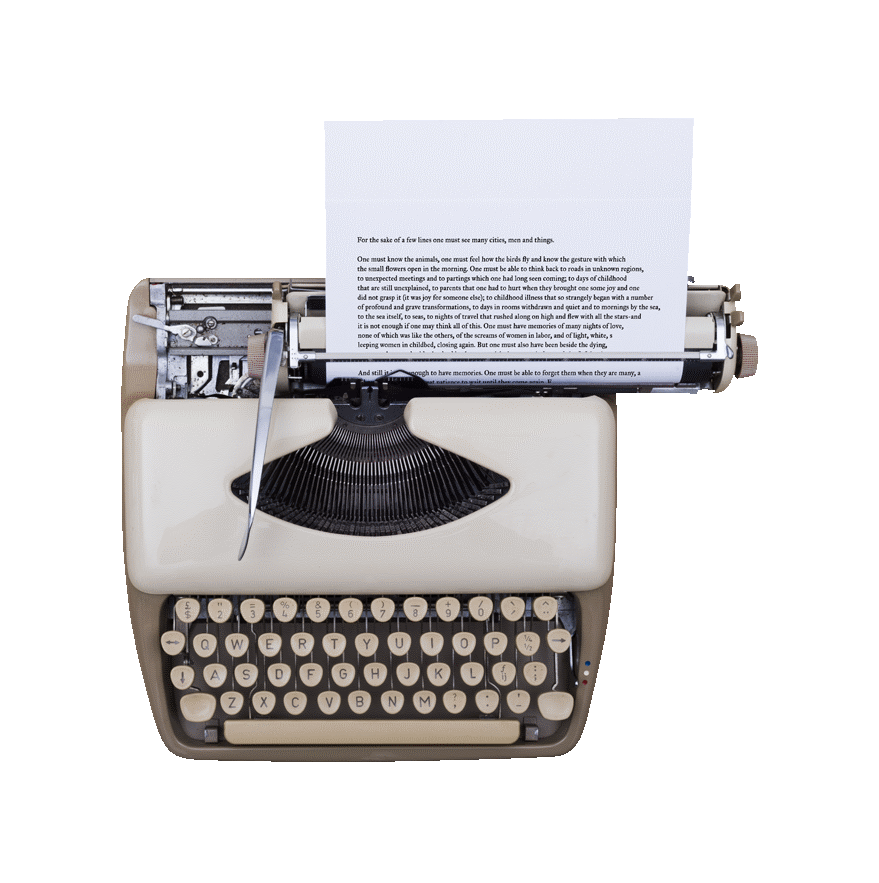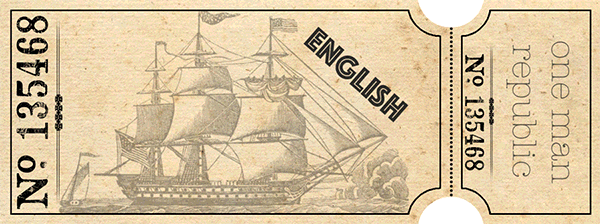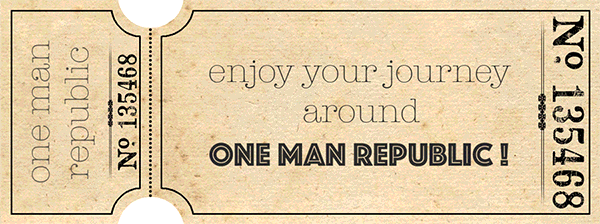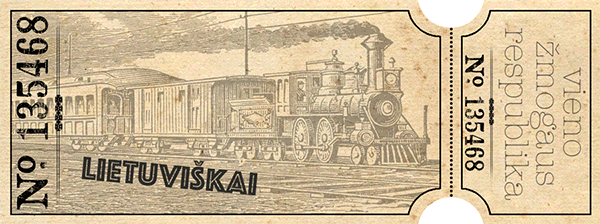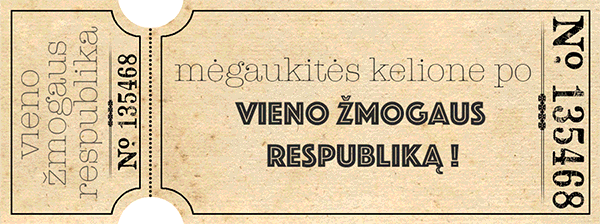for myself
random sharing

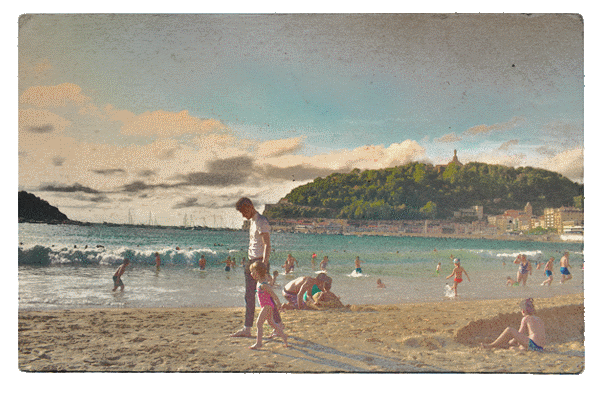
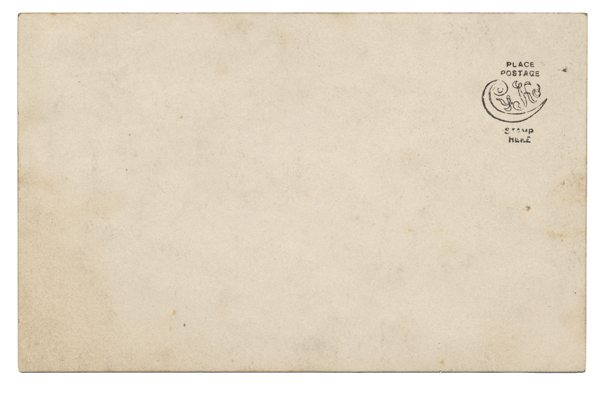
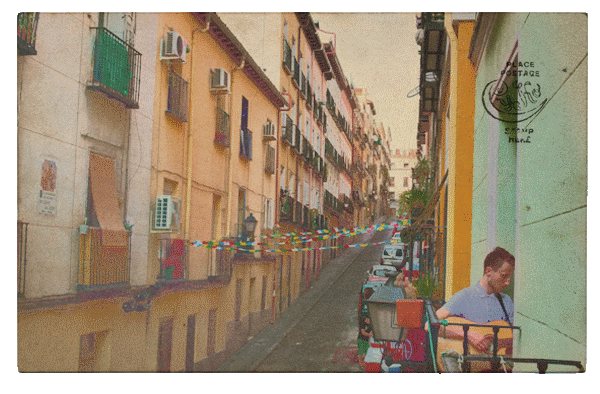
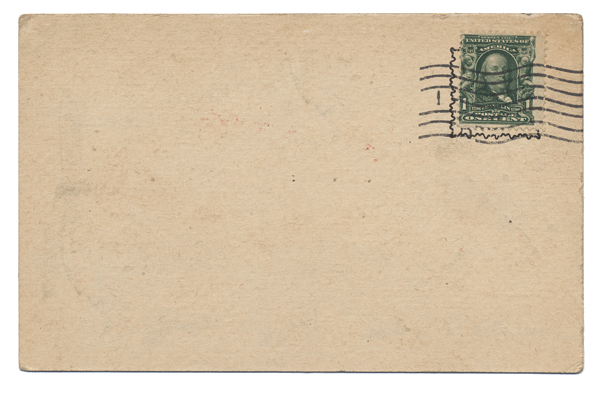


As a person with one foot in mathematics, I think it is a shame that fundamental mathematical works are not much read and are not widespread among the general public. Say, one of mathematics’ bibles – Euclid’s The Elements. In this treatise, written 300 years BC and consisting of 13 books, Euclid in a consistent way defines various geometrical concepts and theorems, and proves them. The fundamental rule in The Elements is: in any definition or proof given in the book, you can only use what you had already defined and had already proven previously in the book. So Euclid starts with defining what is a point. Later, using the definition of point, he determines what is a straight line, still later – what is a surface, until eventually he proceeds to more complex geometrical theorems. But how should straight lines, edges, and geometrical figures be relevant to the wider society?
In his book How to Solve It, the Hungarian mathematician George Polya says it would make a lot of sense if the students of psychology or law started their studies namely from the bible of consistency - Euclid’s The Elements. In that case, for instance, a student of law, having examined The Elements, would already have a clearly developed intuition how, referring consistently to existing precedents and being consistently guided by the existing legislative framework, to unravel a most complex case with countless parameters.
The principle of Euclid’s Elements, could be particularly important for deriving, defining, analysing concepts and processes that are extremely intuitive but hardly definable as well. For instance, I often listen to the radio broadcast Pakartot led by Domantas Razauskas on LRT (Lithuanian Radio and Television) about the development of Lithuanian music. Domantas more and more often alludes to the lack of personalities on the Lithuanian music scene. There seems to be a sufficient number of good musicians, but there is definitely a lack of personalities in music. I have more than once heard similar thoughts coming from my companions about other contexts as well. For example, V. once said that this is certainly a time of specialists that we are currently living in. The election of Gitanas Nausėda, the current President of Lithuania, is symbolic of this. Beyond doubt – this man is first of all a specialist and then only – somewhat a personality. I will not elaborate on all of the reasons for this “time of specialists” phenomenon since this is too wide topic.
It is much more important to emphasise that the word “personality” seems to be an incredibly intuitive notion. With confidence, we call some people personalities, though we do not apply this definition to other people. Furthermore, no rationally definable attributes of this notion are available at all – you can neither graduate from any university of “personalities” nor, being an exceptional expert or specialist in your own field, automatically become a personality or anything else easily definable. And yet once, drinking wine with A. at the Halės Market in Vilnius, I unexpectedly decided to try to define this intuitive notion to myself rationally and consistently in the manner of Euclid’s The Elements.
As a slight diversion, after having lived 29 years on Earth, it is not so difficult to be able to generalise and to self-reflect on a certain level about who you are. So, if somebody asked me what is the principle activity in my life, I would easily answer – walking. Whichever city or country I find myself in, I go out and just walk as fast as my legs will carry me, especially in the evening or night. While walking, I reflect as much as I can. Currently, finding myself in Oxford for some time already, I just simply go out and circle around University of Oxford colleges.
When so wandering around, I notice that in incredibly rare cases do I see people walking by themselves. Well, sometimes I do see some individual separating from his friends and heading home or just hurrying to work. Yet what I want to say is that I don’t see any people who have clearly gone out for a walk, for self-reflection or to reflect for themselves.
This way, you start noticing that this doesn’t just refer to walking – people rarely do anything by themselves in general. I can see that, at the university or school libraries, more and more people study in groups rather than individually. After finishing their studies and taking up employment, people only travel, eat, and work jointly with their colleagues. It is becoming very complicated generally to single out a period in an individual’s life spent in isolation.
Reverting to the definition of personality, the night in the market mentioned above, I defined for myself that there is no miracle involved, but rather just to begin walking for oneself is one of the first significant steps towards becoming a personality.
In the autumn of 2015, I went to Scotland to study the art of Scottish Bagpipes and to hold an exam at the Glasgow College of Piping (upon the merger of several institutions, it is now known as The National Piping Centre). I had already spent a week in Glasgow some years prior to this trip. I knew it was not London, Barcelona or Saint-Tropez, so I did not rush to look for a place to live. I was going to do this the last night before my trip. However, to my surprise, some days before my trip I found out that nearly all the available quarters in Glasgow had been booked except for some rooms for several hundred pounds per night. Only later, at the Glasgow airport, did I find out that this unusual situation was due to some large event taking place in Glasgow that week. Consequently, there was no choice for me but to start packing for living in the airport.
I remember that the bus ticket to Glasgow centre from the Glasgow airport cost six pounds. Again, my loony mathematical logic did not allow me to pay six pounds to go to downtown Glasgow and six pounds back to the airport to spend the night. I reckoned that 12 pounds was approximately the cost of hostel accommodation per night, whereas all I could get for this sum was a hard seat at the airport. In addition, my body required much time for thought at that period in life. So, for five days in Glasgow, I followed a routine like this: getting up with the emergence of airport cleaners at about 4-5 a.m., washing myself at the airport toilets, walking to the Glasgow College of Piping (somewhat more than 12 km from the airport), blowing the bagpipes at the college, consultations with teachers, walking back to the airport, and efforts to fall asleep at about 11 p.m. My body was getting exhausted, especially because my daily 25 km walk was accompanied by the permanent rain. Eventually, after five days of this hard routine in Glasgow, I fell asleep at the drop of a hat at a hostel in Edinburgh.
At that time, I carried not only bagpipes, but also a laptop with me every day, which was necessary for me to accomplish several tasks. I would charge the battery at the college on a daily basis. If I could not sleep after a hard day or my clothes were too wet for me to fall asleep, I had an hour or two to browse the Internet at the airport before sleeping as long as the computer battery would last. Everything you need in such a physical condition is some inspiration. I noticed that all I was reading during those five nights were my own stories published on this vienozmogausrespublika.lt site. Indeed, while I as well as many people are given a constant impulse by endless creators, authors, nature, it is undoubtedly my own creation that encourages me the most. Especially when I feel particularly “dusty”.
Hence, if I have specified walking for myself as one of initial things towards becoming a personality, constant renewal by using yourself as the main source of energy and inspiration is probably one of major theorems in “The Elements of personality”.
The American Psycho would definitely disagree with me. I have watched the film under this title at least ten times and have recently begun delving somewhat deeper into Bret Easton’s novel itself, which deals with the life of a young, educated and wealthy sociopath working in Wall Street. The man becomes so overwhelmed by Manhattan, luxury, consumer society and Wall Street’s absurdity that killing people becomes the only source of pleasure for him. Actually, the author leaves some room for the interpretation that all those murders were nothing but the American Psycho’s fruit of imagination determined by the factors mentioned above.
Anyway, I was touched by one of the last scenes in the book in particular. After his confession of the murders and the emptiness of his life, the main character states that this confession means nothing to him. The American Psycho says he has tried countless times to engage in self-reflection, to face the truth about his actions. Yet not even once did such encounters with himself bring a catharsis for him or any new thoughts about himself.
I think this is the principal reason behind the emptiness surrounding the American Psycho – not the luxury, drugs or anything else at all. It is namely the inability to use oneself as the main source of energy for renewal, the inability of sincere self-reflection that leads to such emptiness. Consequently, regeneration from oneself seems to be not only one of the major theorems of the definition of personality, but the meaning of human existence in general.
The impetus for this story For Myself came to me approximately ten years ago. At that time, my lecturer of philosophy, Jūratė Morkūnienė, invited me to stay after a lecture and said I should read Marcus Aurelius to myself. I answered I will, but I don’t know which of his writings to choose. The lecturer repeated – To Myself by Marcus Aurelius (the book Meditations: Thoughts to Myself of Marcus Aurelius is being named just To Myself in Lithuanian language). I answered again, OK, I understand that I have to read Marcus Aurelius to myself, not to anyone else, but I don’t know which of his creations to begin with. At this point, she said the work is called To Myself and we both started laughing.
Actually, I was indeed touched by Meditations: The Thoughts to Myself. Marcus Aurelius just used to put down his thoughts as a source for his own guidance and self-improvement and to act as a source of renewal for himself – that’s how The Thoughts to Myself originated. This writing consists of 12 books. In the first book, Marcus Aurelius thanks many specific people for specific things. He thanks his teacher for having taught him patience, the ability to be content with small things. He thanks his great-grandfather for having provided him with the possibility not to go to a public school, but learn from bright teachers at home. In his first book, he expresses his gratitude to many others too.
In the other books of Meditations: The Thoughts to Myself, Marcus Aurelius starts composing statements and meditations meant for his self-improvement: “Don’t waste the rest of your time here worrying about other people – unless it affects the common good …”, “Work out what your own nature requires, and aim at that, even if it brings you no glory …”, “Never let the future disturb you. You will meet it, if you have to, with the same weapons of reason which today arm you against the present,” etc.
In the context of this description, it is not, however, the contents of The Thoughts to Myself that matters, but rather the structure of this work. The latter is reminiscent of one of the most remarkable stories I have ever been told.
In the autumn of 2015, I’ve been learning Tap Dance at the Jimmy Slyde Institute, in Barcelona, Spain. Several classes were led by a famous US dancer, Hillary-Marie. We once had lunch together, talking about musical contexts. Hillary said she had studied at some art school in the USA and had a wonderful teacher who encouraged her to go to concerts of many different styles.
So this teacher once gave Hillary a ticket which only carried the venue of the concert and the inscription that it was a secret one. Hillary arrived at the indicated address to find out it was a New York ramshackle multi-storey apartment, and ascended the rotting staircase. At the top of the staircase, she saw Ravi Shankar, who was sitting in the doorway of his apartment. Before hearing this story, I had listened to Ravi Shankar’s amazing music and had read a lot about this creator. Nevertheless, if I were to present him briefly here, he is probably the most prominent composer and performer of Indian music, the winner of five Grammies, an Oscar nominee, etc.
According to Hillary, about ten people gathered at the concert. They sat down on the staircase leading to Ravi Shankar’s apartment. And then Ravi Shankar, in a meditative state, thanked all the teachers, all people from whom he had learnt and who had been a source of inspiration for him in his life, for about 45 minutes. He only began performing after thanking all the people he felt grateful to. Similar to Marcus Aurelius in his Meditations, where he begins with multiple thanks. You will say, well, most authors begin or end their books by expressing their gratitude to someone. Nevertheless, in the case of Marcus Aurelius, his thanks were part of his treatise, as well as Ravi Shankar’s thanks were some meditative part of his performance.
By these charming thanks, I wanted to highlight the direction of personality analysis. I had not the slightest intention to make you see all this as absolute sociopathy or absolute egocentricity. A sophisticated way to say “thank you” to those who supported, inspired, taught you or gave you an impulse in life is absolutely the foundation of everything. And it is definitely the equivalent of Euclid’s very first definition of point in his The Elements.
All I wanted in this narrative was to formulate such mathematical “Elements of personality”. Starting with a sophisticated way to thank those who supported me, proceeding with walking for myself, and ending with becoming an endless source of renewal and inspiration to myself. I think these are the only “miracles” that turn one into a personality. I do believe it won’t be long until I start hearing from my environment that we have the pleasure of living at the time of personalities rather than specialists.
May the summer wind always be on your back.

As a person with one foot in mathematics, I think it is a shame that fundamental mathematical works are not much read and are not widespread among the general public. Say, one of mathematics’ bibles – Euclid’s The Elements. In this treatise, written 300 years BC and consisting of 13 books, Euclid in a consistent way defines various geometrical concepts and theorems, and proves them. The fundamental rule in The Elements is: in any definition or proof given in the book, you can only use what you had already defined and had already proven previously in the book. So Euclid starts with defining what is a point. Later, using the definition of point, he determines what is a straight line, still later – what is a surface, until eventually he proceeds to more complex geometrical theorems. But how should straight lines, edges, and geometrical figures be relevant to the wider society?
In his book How to Solve It, the Hungarian mathematician George Polya says it would make a lot of sense if the students of psychology or law started their studies namely from the bible of consistency - Euclid’s The Elements. In that case, for instance, a student of law, having examined The Elements, would already have a clearly developed intuition how, referring consistently to existing precedents and being consistently guided by the existing legislative framework, to unravel a most complex case with countless parameters.
The principle of Euclid’s Elements, could be particularly important for deriving, defining, analysing concepts and processes that are extremely intuitive but hardly definable as well. For instance, I often listen to the radio broadcast Pakartot led by Domantas Razauskas on LRT (Lithuanian Radio and Television) about the development of Lithuanian music. Domantas more and more often alludes to the lack of personalities on the Lithuanian music scene. There seems to be a sufficient number of good musicians, but there is definitely a lack of personalities in music. I have more than once heard similar thoughts coming from my companions about other contexts as well. For example, V. once said that this is certainly a time of specialists that we are currently living in. The election of Gitanas Nausėda, the current President of Lithuania, is symbolic of this. Beyond doubt – this man is first of all a specialist and then only – somewhat a personality. I will not elaborate on all of the reasons for this “time of specialists” phenomenon since this is too wide topic.
It is much more important to emphasise that the word “personality” seems to be an incredibly intuitive notion. With confidence, we call some people personalities, though we do not apply this definition to other people. Furthermore, no rationally definable attributes of this notion are available at all – you can neither graduate from any university of “personalities” nor, being an exceptional expert or specialist in your own field, automatically become a personality or anything else easily definable. And yet once, drinking wine with A. at the Halės Market in Vilnius, I unexpectedly decided to try to define this intuitive notion to myself rationally and consistently in the manner of Euclid’s The Elements.
As a slight diversion, after having lived 29 years on Earth, it is not so difficult to be able to generalise and to self-reflect on a certain level about who you are. So, if somebody asked me what is the principle activity in my life, I would easily answer – walking. Whichever city or country I find myself in, I go out and just walk as fast as my legs will carry me, especially in the evening or night. While walking, I reflect as much as I can. Currently, finding myself in Oxford for some time already, I just simply go out and circle around University of Oxford colleges.
When so wandering around, I notice that in incredibly rare cases do I see people walking by themselves. Well, sometimes I do see some individual separating from his friends and heading home or just hurrying to work. Yet what I want to say is that I don’t see any people who have clearly gone out for a walk, for self-reflection or to reflect for themselves.
This way, you start noticing that this doesn’t just refer to walking – people rarely do anything by themselves in general. I can see that, at the university or school libraries, more and more people study in groups rather than individually. After finishing their studies and taking up employment, people only travel, eat, and work jointly with their colleagues. It is becoming very complicated generally to single out a period in an individual’s life spent in isolation.
Reverting to the definition of personality, the night in the market mentioned above, I defined for myself that there is no miracle involved, but rather just to begin walking for oneself is one of the first significant steps towards becoming a personality.
In the autumn of 2015, I went to Scotland to study the art of Scottish Bagpipes and to hold an exam at the Glasgow College of Piping (upon the merger of several institutions, it is now known as The National Piping Centre). I had already spent a week in Glasgow some years prior to this trip. I knew it was not London, Barcelona or Saint-Tropez, so I did not rush to look for a place to live. I was going to do this the last night before my trip. However, to my surprise, some days before my trip I found out that nearly all the available quarters in Glasgow had been booked except for some rooms for several hundred pounds per night. Only later, at the Glasgow airport, did I find out that this unusual situation was due to some large event taking place in Glasgow that week. Consequently, there was no choice for me but to start packing for living in the airport.
I remember that the bus ticket to Glasgow centre from the Glasgow airport cost six pounds. Again, my loony mathematical logic did not allow me to pay six pounds to go to downtown Glasgow and six pounds back to the airport to spend the night. I reckoned that 12 pounds was approximately the cost of hostel accommodation per night, whereas all I could get for this sum was a hard seat at the airport. In addition, my body required much time for thought at that period in life. So, for five days in Glasgow, I followed a routine like this: getting up with the emergence of airport cleaners at about 4-5 a.m., washing myself at the airport toilets, walking to the Glasgow College of Piping (somewhat more than 12 km from the airport), blowing the bagpipes at the college, consultations with teachers, walking back to the airport, and efforts to fall asleep at about 11 p.m. My body was getting exhausted, especially because my daily 25 km walk was accompanied by the permanent rain. Eventually, after five days of this hard routine in Glasgow, I fell asleep at the drop of a hat at a hostel in Edinburgh.
At that time, I carried not only bagpipes, but also a laptop with me every day, which was necessary for me to accomplish several tasks. I would charge the battery at the college on a daily basis. If I could not sleep after a hard day or my clothes were too wet for me to fall asleep, I had an hour or two to browse the Internet at the airport before sleeping as long as the computer battery would last. Everything you need in such a physical condition is some inspiration. I noticed that all I was reading during those five nights were my own stories published on this vienozmogausrespublika.lt site. Indeed, while I as well as many people are given a constant impulse by endless creators, authors, nature, it is undoubtedly my own creation that encourages me the most. Especially when I feel particularly “dusty”.
Hence, if I have specified walking for myself as one of initial things towards becoming a personality, constant renewal by using yourself as the main source of energy and inspiration is probably one of major theorems in “The Elements of personality”.
The American Psycho would definitely disagree with me. I have watched the film under this title at least ten times and have recently begun delving somewhat deeper into Bret Easton’s novel itself, which deals with the life of a young, educated and wealthy sociopath working in Wall Street. The man becomes so overwhelmed by Manhattan, luxury, consumer society and Wall Street’s absurdity that killing people becomes the only source of pleasure for him. Actually, the author leaves some room for the interpretation that all those murders were nothing but the American Psycho’s fruit of imagination determined by the factors mentioned above.
Anyway, I was touched by one of the last scenes in the book in particular. After his confession of the murders and the emptiness of his life, the main character states that this confession means nothing to him. The American Psycho says he has tried countless times to engage in self-reflection, to face the truth about his actions. Yet not even once did such encounters with himself bring a catharsis for him or any new thoughts about himself.
I think this is the principal reason behind the emptiness surrounding the American Psycho – not the luxury, drugs or anything else at all. It is namely the inability to use oneself as the main source of energy for renewal, the inability of sincere self-reflection that leads to such emptiness. Consequently, regeneration from oneself seems to be not only one of the major theorems of the definition of personality, but the meaning of human existence in general.
The impetus for this story For Myself came to me approximately ten years ago. At that time, my lecturer of philosophy, Jūratė Morkūnienė, invited me to stay after a lecture and said I should read Marcus Aurelius to myself. I answered I will, but I don’t know which of his writings to choose. The lecturer repeated – To Myself by Marcus Aurelius (the book Meditations: Thoughts to Myself of Marcus Aurelius is being named just To Myself in Lithuanian language). I answered again, OK, I understand that I have to read Marcus Aurelius to myself, not to anyone else, but I don’t know which of his creations to begin with. At this point, she said the work is called To Myself and we both started laughing.
Actually, I was indeed touched by Meditations: The Thoughts to Myself. Marcus Aurelius just used to put down his thoughts as a source for his own guidance and self-improvement and to act as a source of renewal for himself – that’s how The Thoughts to Myself originated. This writing consists of 12 books. In the first book, Marcus Aurelius thanks many specific people for specific things. He thanks his teacher for having taught him patience, the ability to be content with small things. He thanks his great-grandfather for having provided him with the possibility not to go to a public school, but learn from bright teachers at home. In his first book, he expresses his gratitude to many others too.
In the other books of Meditations: The Thoughts to Myself, Marcus Aurelius starts composing statements and meditations meant for his self-improvement: “Don’t waste the rest of your time here worrying about other people – unless it affects the common good …”, “Work out what your own nature requires, and aim at that, even if it brings you no glory …”, “Never let the future disturb you. You will meet it, if you have to, with the same weapons of reason which today arm you against the present,” etc.
In the context of this description, it is not, however, the contents of The Thoughts to Myself that matters, but rather the structure of this work. The latter is reminiscent of one of the most remarkable stories I have ever been told.
In the autumn of 2015, I’ve been learning Tap Dance at the Jimmy Slyde Institute, in Barcelona, Spain. Several classes were led by a famous US dancer, Hillary-Marie. We once had lunch together, talking about musical contexts. Hillary said she had studied at some art school in the USA and had a wonderful teacher who encouraged her to go to concerts of many different styles.
So this teacher once gave Hillary a ticket which only carried the venue of the concert and the inscription that it was a secret one. Hillary arrived at the indicated address to find out it was a New York ramshackle multi-storey apartment, and ascended the rotting staircase. At the top of the staircase, she saw Ravi Shankar, who was sitting in the doorway of his apartment. Before hearing this story, I had listened to Ravi Shankar’s amazing music and had read a lot about this creator. Nevertheless, if I were to present him briefly here, he is probably the most prominent composer and performer of Indian music, the winner of five Grammies, an Oscar nominee, etc.
According to Hillary, about ten people gathered at the concert. They sat down on the staircase leading to Ravi Shankar’s apartment. And then Ravi Shankar, in a meditative state, thanked all the teachers, all people from whom he had learnt and who had been a source of inspiration for him in his life, for about 45 minutes. He only began performing after thanking all the people he felt grateful to. Similar to Marcus Aurelius in his Meditations, where he begins with multiple thanks. You will say, well, most authors begin or end their books by expressing their gratitude to someone. Nevertheless, in the case of Marcus Aurelius, his thanks were part of his treatise, as well as Ravi Shankar’s thanks were some meditative part of his performance.
By these charming thanks, I wanted to highlight the direction of personality analysis. I had not the slightest intention to make you see all this as absolute sociopathy or absolute egocentricity. A sophisticated way to say “thank you” to those who supported, inspired, taught you or gave you an impulse in life is absolutely the foundation of everything. And it is definitely the equivalent of Euclid’s very first definition of point in his The Elements.
All I wanted in this narrative was to formulate such mathematical “Elements of personality”. Starting with a sophisticated way to thank those who supported me, proceeding with walking for myself, and ending with becoming an endless source of renewal and inspiration to myself. I think these are the only “miracles” that turn one into a personality. I do believe it won’t be long until I start hearing from my environment that we have the pleasure of living at the time of personalities rather than specialists.
May the summer wind always be on your back.



